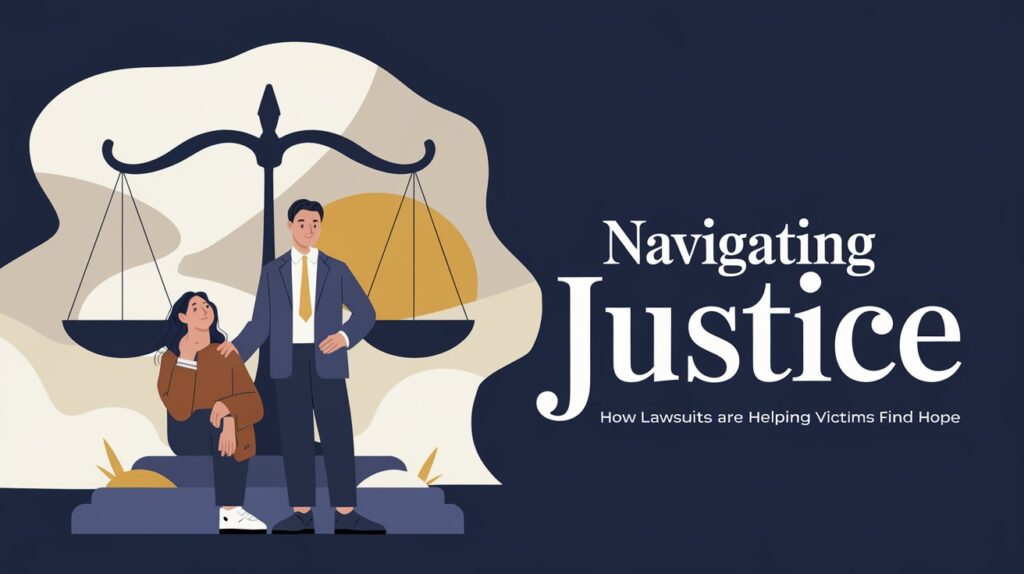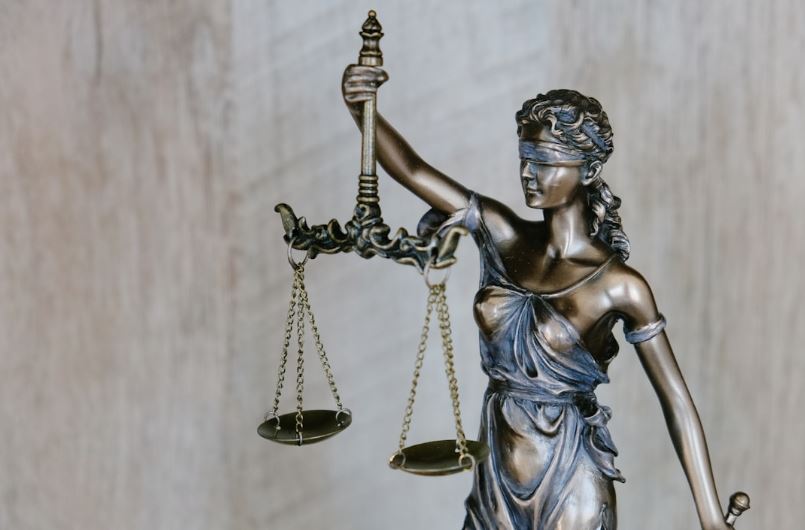For patients, the trust placed in medical professionals is foundational to the healthcare experience. Regrettably, when this trust is breached through sexual abuse by a doctor, the trauma inflicted can last a lifetime. Legal actions against doctors for such misconduct are rising, representing not just a pursuit for justice but also a crucial step towards healing for many survivors. With survivors stepping forward and an increasing recognition of the grave effects of such abuse, an understanding of the legal landscape is key. Below, we explore what underlies these lawsuits, their impact, and how they are carving a path toward recovery and hope for victims.
Understanding the Surge in Doctor Sexual Abuse Lawsuits
Recent years have seen a noticeable increase in doctor sexual abuse lawsuits. This uptick can be attributed to a greater awareness of such misconduct and a reduced stigma for victims coming forward. Exposure to high-profile cases has emboldened more victims to speak out against the abusive behavior of medical professionals who once seemed untouchable.
The healthcare community has historically been insulated from scrutiny, with a culture that often protected its own. Fortunately, that protective veil is being lifted, and victims are now finding the courage to confront their abusers. Lawsuits offer a public platform for their voices and the aggregate power to shift industry norms.
Enhanced legal resources have become more accessible to survivors. For those seeking a specialized doctor sexual abuse attorney, legal firms are now offering services specifically tailored to address the nuances of these distressing cases. Advocacy at this expert level levels the playing field and enables a more just outcome for victims.
Legal Recourse for Victims: What the Process Entails
When survivors choose to take legal action, understanding the process is crucial. A typical first step involves a consultation with an attorney experienced in such cases. The attorney will evaluate the strength of the case and outline the legal options available to the survivor.
Building a case might involve gathering evidence, which could range from medical records to personal correspondence. It often requires testimonials from witnesses and experts in medical ethics or psychology to articulate the breach of trust and duty that occurred.
The legal journey can be prolonged, with negotiations, discovery periods, and potentially a trial. Throughout this period, maintaining a robust support system is vital for survivors, enabling them to handle the emotional strain that might accompany these legal proceedings.
The Role of Advocacy and Support Groups in Navigating the Legal System
Support groups and advocacy organizations play a pivotal role in guiding survivors through the complexities of the legal system. They offer emotional support, resources, and crucial information to individuals grappling with the decision to initiate a lawsuit or who are in the midst of one.
Such groups often provide referrals to trusted lawyers, help with the compilation of documentation, and explain the litigation process. They may even offer financial assistance or connect victims with funds aimed at supporting legal action against abusers in the medical field.
Community around advocacy helps to mitigate the isolation and self-doubt that victims might feel. Knowing that others have walked a similar path can be encouraging and affirming, particularly when faced with institutional pushback or skepticism.
Breaking the Silence: The Importance of Speaking Out and Seeking Justice
The decision to come forward about sexual abuse at the hands of a medical doctor is deeply personal and often fraught with difficulty. Yet, it is through breaking the silence that survivors are reclaiming their stories and advocating for themselves and others. The courage to seek justice can be transformative, not only for the individual but also for society at large.
Persistent silence around these issues has perpetuated cycles of abuse, protecting perpetrators and their institutions. By speaking out, survivors shed light on these dark practices, prompting crucial conversations about consent, power dynamics, and the essential need for safe healthcare environments.
Breaking the silence also sets a precedent, communicating to abusers and the institutions that harbor them that such behavior will not be tolerated. It asserts the inherent dignity of survivors and their right to professional, compassionate, and abuse-free medical care.
Altogether, these lawsuits are more than legal battles; they are critical means for healing and change. The surge in doctor sexual abuse cases is a testament to both the bravery of survivors and the rising societal unwillingness to ignore the injustices within healthcare settings. Overall, as more victims come forward, the clearer the message becomes: silence is no longer an option when seeking justice and systemic reform.


